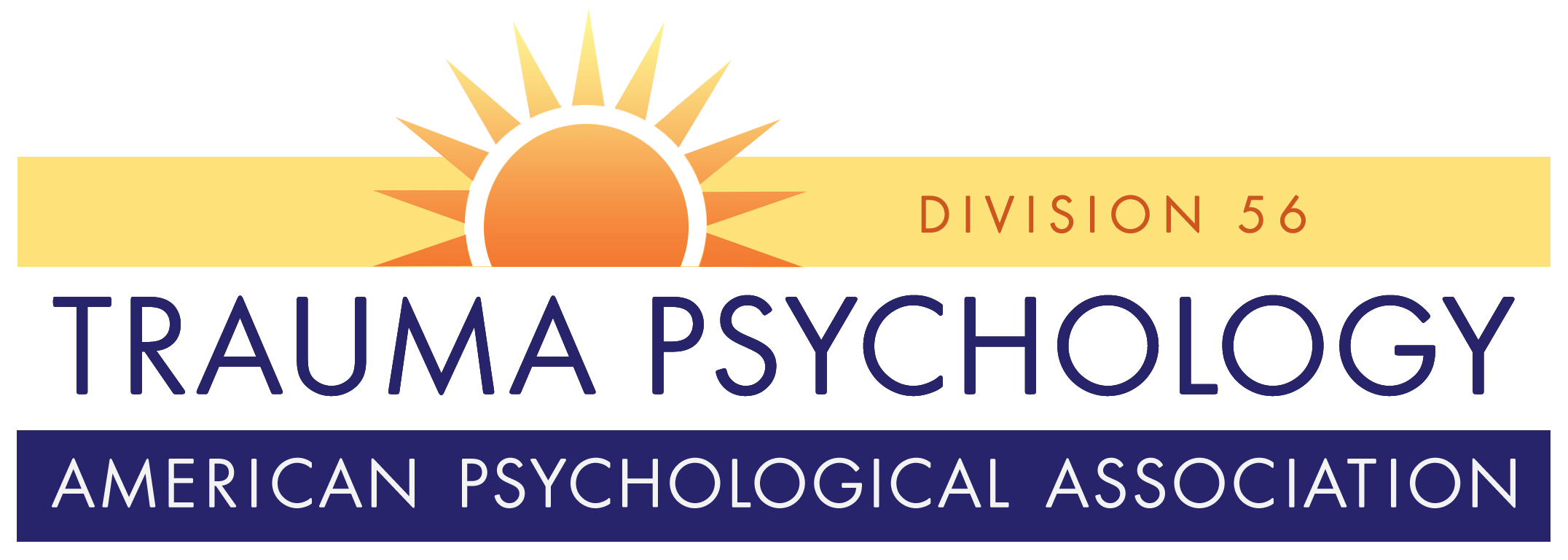Sexual abuse is an international problem and an often overlooked public health issue for men and boys. Given the prevalence of trauma and its well documented connection to mental and physical health disorders, the relevance of male survivor input and engagement in health care research is profound. As part of an engagement project funded by Patient Centered Outcomes Research Institute (PCORI), Dr. Joan Cook from Yale University School of Medicine teamed up with a nonprofit organization, MaleSurvivor, to create web-based resources to educate and equip trauma survivors and researchers for mutual collaboration and equitable partnerships in all aspects of research.
Let Your Voice Have Impact
This video is a web-based training designed for trauma survivors to demystify research and present an introduction to research design and methodology, data collection, analysis and interpretation. The roles and responsibilities of involvement as trauma survivors as equitable partners in research as well as privacy, confidentiality, and legal protections including IRB and HIPAA laws are covered. Also included are a list of suggested readings. This video is narrated by Dr. Amy Ellis of Albizu University.
Male Survivors: You Are Not Alone
It is estimated that 1 in 6 boys are sexually abused by the time of their 18th birthday (e.g., Briere & Elliot, 2003; Holmes & Slap, 1998). However, the majority of the research on sexual abuse, including the development and testing of psychosocial interventions, focuses primarily on women. Men and boys who have experienced sexual abuse can be viewed as an overlooked, neglected or stigmatized popluation by the public, and sometimes, by health care professionals. Mr. Christopher Anderson, the former Executive Director of MaleSurvivor, narrates this web-based training video designed to help de-stigmitize male sexual abuse and promote male survivors mental health and healing.
The Importance of the Trauma Survivor Community Driving Research
This video is a web-based training designed for health care researchers to understand, “The Importance of the Trauma Survivor Community Driving Research.” It provides information on how it is not only feasible to involve trauma survivors and their families in health care research, but how their participation is essential to the conduct and reach of meaningful research. Dr. Amy Ellis reviews critical issues that researchers must know in developing and following community-based participatory research principles (i.e., power sharing, mutual respect for experience/expertise, informed decision making, maximum involvement). In addition, she explain how this type of approach not only increases access to potential recruitment of participants, but focuses on outcomes that matter to survivors, and facilitates dissemination of science-based findings.
From the Voice of a Survivor: What Researchers Should Know When Partnering with Male Survivors
Mr. Christopher Anderson, the former Executive Director of MaleSurvivor, a non-profit organization devoted to helping male trauma survivors heal, narrates a web-based video designed to answer questions researchers may have about working with trauma survivors as key partners and stakeholders. Mr. Anderson provides examples of equal collaborations with researchers, barriers to survivor engagement, and how to communicate with stakeholders in a respectful and equitable way.
Study Information
Please download this brochure for more information on the development, deliverables, and primary findings from the PCORI-funded project "Facilitating Male Trauma Survivors’ Meaningful Involvement in Research.”


